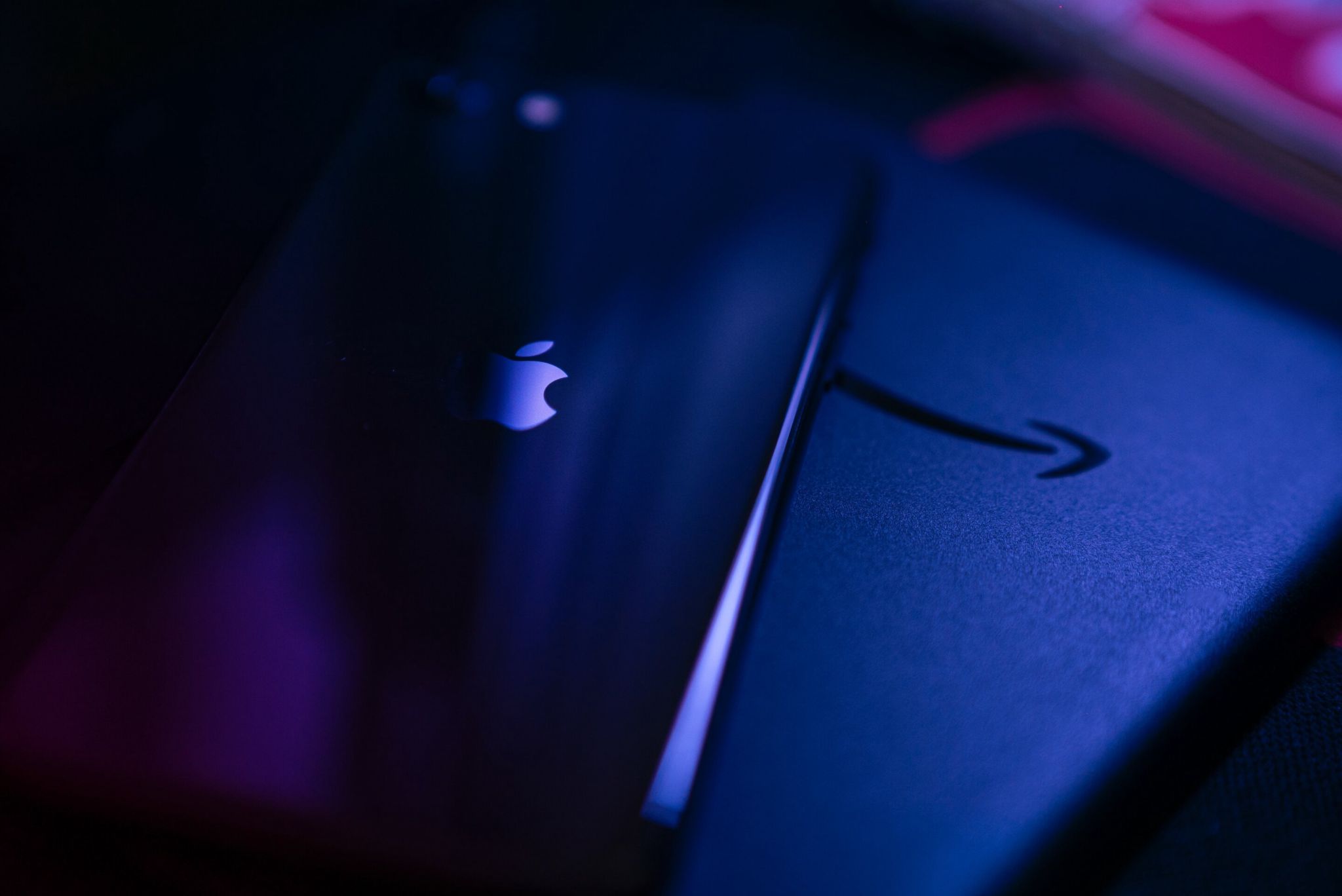How big tech generated billions in fines... then didn't pay them
(techxplore.com)
from netchami@sh.itjust.works to technology@lemmy.world on 19 Nov 2023 22:07
https://sh.itjust.works/post/9497643
from netchami@sh.itjust.works to technology@lemmy.world on 19 Nov 2023 22:07
https://sh.itjust.works/post/9497643
cross-posted from: lemmy.world/post/8489908
How big tech generated billions in fines… then didn’t pay them::Rarely a month goes by without big tech companies getting fined for price fixing, squashing competitors or misusing data, but it can take years before they pay a penny.

threaded - newest
I hate writing defenses of big tech companies but I also late lazy journalism that treats them as an easy punching bag. Anyway, here goes:
The thing about governments is that they’re supposed to last basically forever, and their budgets are enormous, so if they have to wait a while to get some money, is it really that big of a problem? There’s a power imbalance between the parties so it makes sense that the company should be able to avail itself of the full rights of the legal system. In many of the cases cited in the article the money has already been placed in escrow or is subject to interest payments so if the government ultimately prevails, it’s not really out anything and there’s no risk it won’t get the money. Would we prefer governments to just seize assets immediately when, under their own laws, there are legal disputes remaining?
To pick an example from the article: "Apple has fought for years against a French antitrust fine of 1.1 billion euros and an order to pay 13 billion euros of tax to Ireland.” Apple has actually already mostly won that fight against the antitrust fine. The legal system agreed that it was excessive and reduced it to roughly one-third the original. Apple still disputes the remaining third. I honestly have no idea if they’re right or wrong on that, but the fact that they were fairly quickly able to get several hundred million dollars of fines erase by the court indicates to me that we shouldn’t just automatically accept that all of these fines are legitimate; some may indeed be regulatory overreach. The tax bill to Ireland is an interesting matter. The government of Ireland is steadfastly opposed to it. They intentionally created a low-tax system to court foreign investment. Apple took advantage of the program and has employed thousands of Irish people for decades. The EU says Apple owes the tax to Ireland; Apple and Ireland say Apple doesn’t. Again, clearly a legitimate, ongoing legal dispute and not simply a case of someone not paying a fine, as the headline makes it sound.
Most of Meta’s fine (€1.2 billion) is from just this May and (we’ve got a theme here) the government of Ireland didn’t think that Meta’s violation warranted a fine at all, but they were overruled by some other members of the European Data Protection Board. If Ireland’s own Data Protection Commission didn’t think Meta should pay them a fine, surely Meta should be able to avail itself of the legal system to dispute the ruling?
Anyway, it comes down to this: I believe that we should be a society governed by laws, and those laws include the right to appeal or otherwise contest an initial ruling. Given the fact that there’s no real downside for the governments to wait, I believe it’s reasonable that companies want to wait to pay until after exhausting their legal rights to appeal.
I agree with what you said. I guess people may also be shocked by the fact that these companies have sometimes more money than governments and that they can afford to keep the case going for a while.